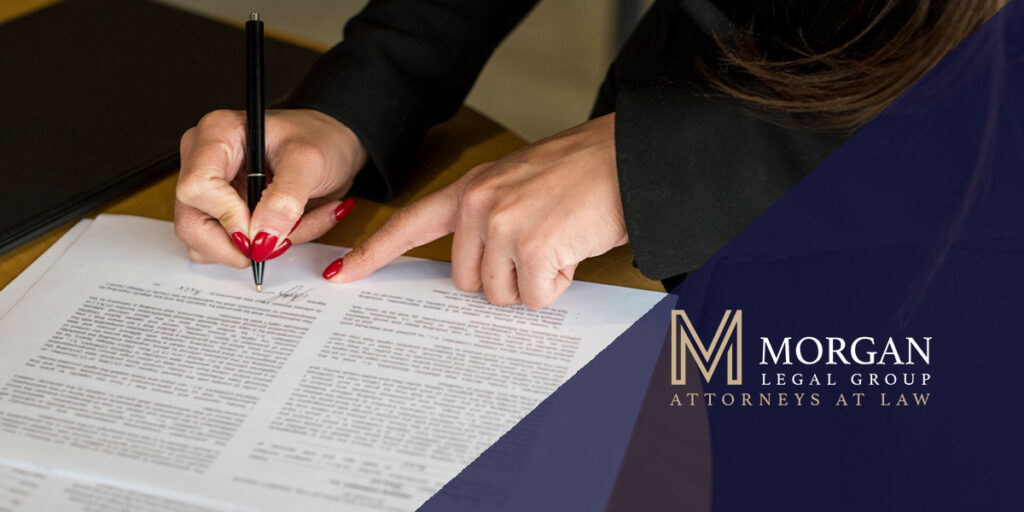Understanding Probate and Estate Planning in New York
Probate is a legal process that takes place after someone passes away, and it involves the distribution of their assets and settling their debts. While the probate process can vary from state to state, it is essential to understand the basics of probate and when it occurs, especially when planning your estate in New York.
What Is Probate?
Probate is the legal process through which a deceased person’s assets are distributed to beneficiaries and heirs, and any outstanding debts and taxes are paid off. The process involves several key steps:
- Filing a Petition: The probate process begins with filing a petition in the appropriate New York court. This typically occurs in the county where the deceased person lived at the time of their death.
- Appointment of an Executor: If the deceased person has a will, the court will appoint an executor to oversee the probate process. If there is no will, the court will appoint an administrator.
- Asset Inventory: The executor is responsible for inventorying the deceased person’s assets, including real estate, financial accounts, personal property, and more.
- Notifying Creditors: Creditors are notified of the death, and they have a specific period to make claims against the estate for any outstanding debts.
- Asset Distribution: Once debts and taxes are settled, the remaining assets are distributed to the beneficiaries according to the terms of the will or, if there is no will, according to New York’s intestate succession laws.
- Closing the Estate: The executor or administrator files a final accounting with the court, and once approved, the estate is closed.
When Does Probate Occur?
Probate occurs after an individual’s death, and it is necessary when the deceased person owns assets that need to be transferred to their heirs or beneficiaries. Probate is not required for all assets; certain assets can pass outside the probate process.
Assets that typically go through probate include:
The deceased person solely owns real estate.
The deceased person solely owns Bank accounts, investments, and financial assets.
Personal property, such as vehicles, jewelry, and furniture
Assets for which there is no designated beneficiary or joint owner
Assets that commonly avoid probate include life insurance policies with named beneficiaries, retirement accounts with designated beneficiaries, and jointly owned property with rights of survivorship.
Considerations for Estate Planning in New York
Estate planning is a proactive way to manage your assets and ensure they are distributed according to your wishes while minimizing the potential for the probate process. In New York, estate planning considerations often include:
1. Creating a Will
A Last Will and Testament is a legal document specifying how your assets should be distributed after death. It also allows you to name an executor to manage the probate process.
2. Establishing Trusts
Trusts, such as revocable living trusts or irrevocable trusts, can help you transfer assets outside of probate, potentially saving time and costs for your heirs.
3. Beneficiary Designations
Ensuring that your beneficiary designations on life insurance policies, retirement accounts, and financial assets are up to date can help these assets avoid probate.
4. Estate Tax Planning
New York has estate tax laws that may impact larger estates. Proper planning can help minimize estate taxes and preserve wealth for your heirs.
5. Power of Attorney and Healthcare Proxy
Documents like a durable power of attorney and healthcare proxy allow you to appoint individuals to make financial and medical decisions on your behalf if you cannot do so.
Consulting with an experienced estate planning attorney is crucial to creating a comprehensive plan tailored to your unique circumstances and goals.
Trust Morgan Legal Group for Your Estate Planning Needs
At Morgan Legal Group, we specialize in New York State law and have extensive experience in estate planning and probate matters. We understand the intricacies of the probate process in New York and can help you navigate it effectively. Our goal is to assist you in creating a comprehensive estate plan that aligns with your wishes and protects your assets.
Contact us today to schedule a consultation and learn how we can assist you in your estate planning journey.









